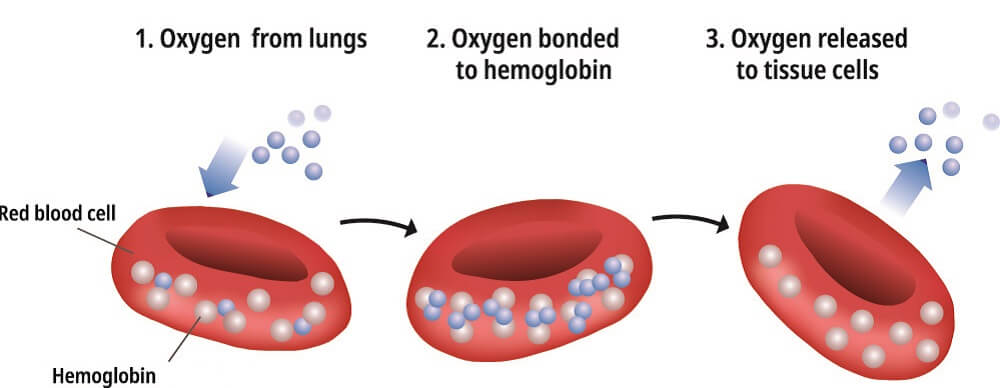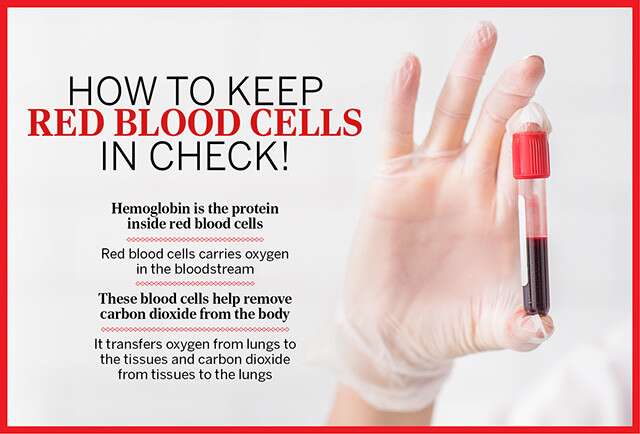

After a few hours plasma volume will be replaced by fluid from the interstitial space and you will then see a decrease in H&H. There would be no difference between hemoglobin and hematocrit from what it was before the bleeding occurred. In acute blood loss doing a CBC will not help. Pour out half of the blood and while the volume has decreased the remaining blood will still have a hematocrit of 70%. Mreicher pretty much was correct in regards to blood loss. That is not exactly the best way to answer that question. Let me know if you have further questions. Can't think of an exception, but someone will correct me if so. Remember that since hemoglobin is bound to the RBCs, if the RBCs are increased, then so will the hemoglobin, and vice versa. It will be increased with dehydration because there is a loss of body water.

So, in review, hematocrit increased w/ dehydration, decreased with blood loss.ĭecreased in blood loss due to RBC loss, which is where hemoglobin is bound.

With blood loss, the hematocrit will be diminished due to blood loss which certain will include loss of RBCs (severity of decreased hematocrit dependent on severity of blood loss.ĭehydration is loss of body water but RBC concentration as is, so the hematocrit will be increased as compared to everything else.


 0 kommentar(er)
0 kommentar(er)
